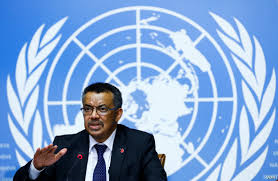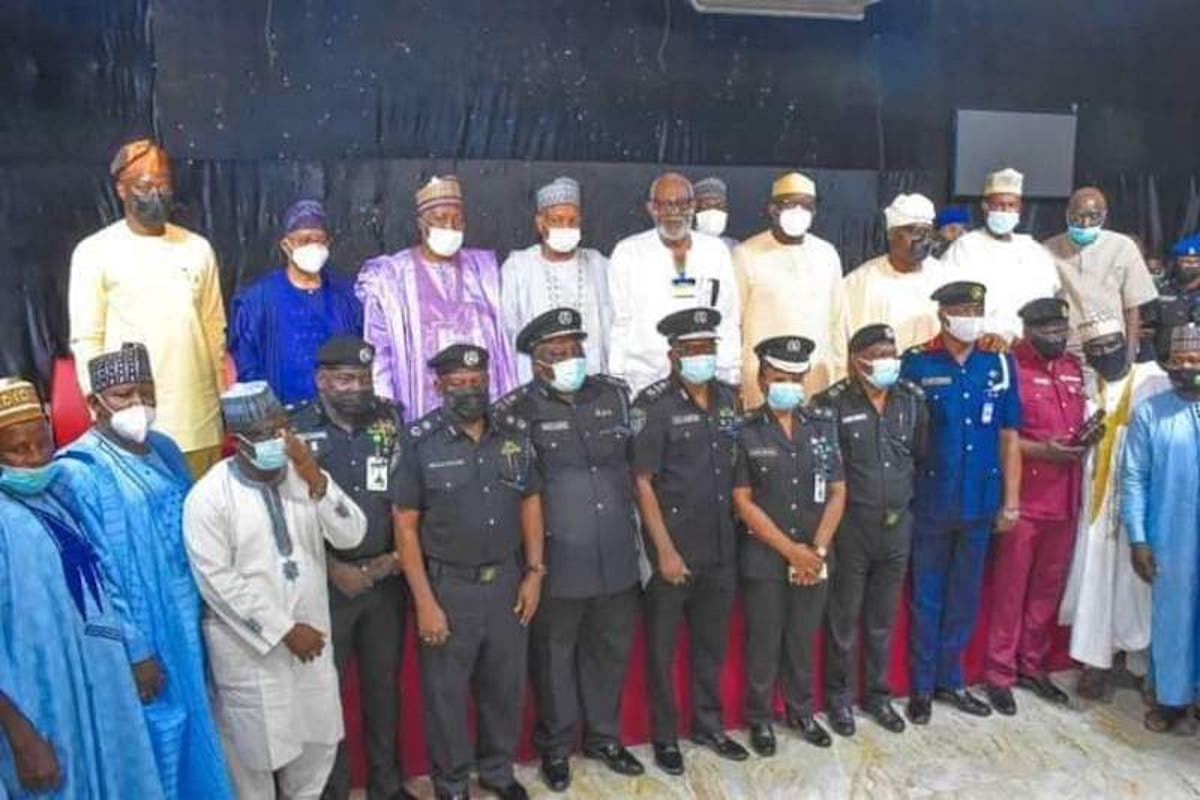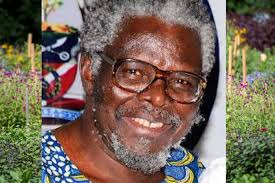*Why democracy has not been able to deliver in Africa – Bishop Kukah
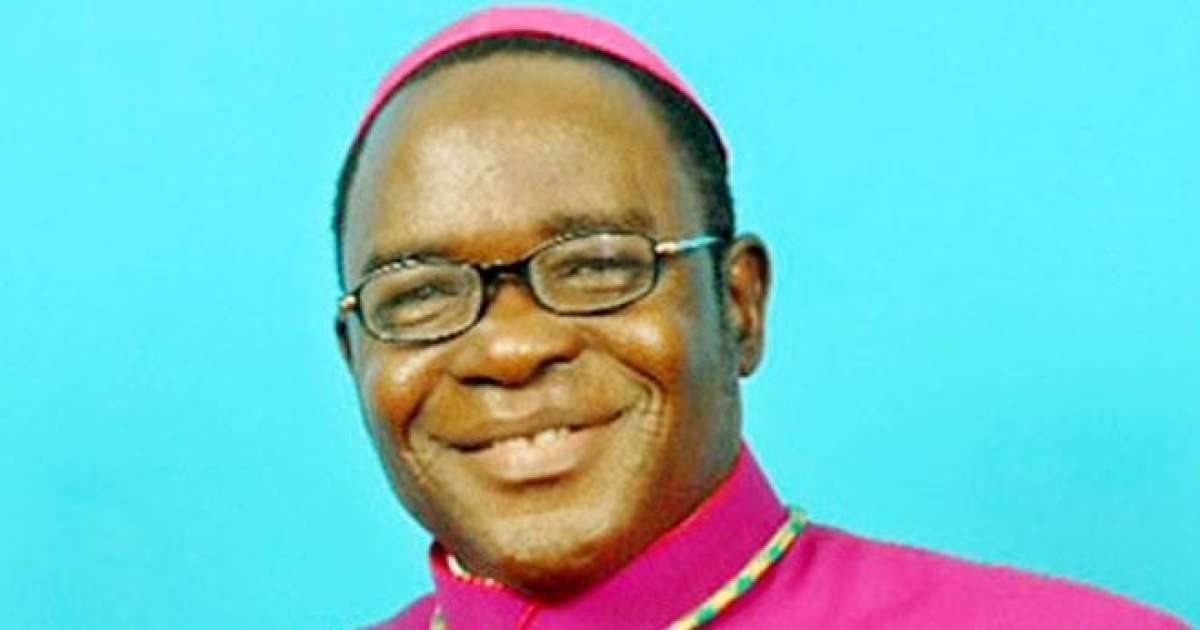
Many arguments have been advanced as to the feasibility of Democracy in Africa. The operators, unable, or unwilling, to manage the tools of navigation have often said we are not ripe for Democracy. Others have argued that even from the point of view of tradition and vocabulary, the African soil cannot sustain the growth of the seeds of Democracy. The leaders excuse their failures by saying among other things: We are communitarian, while Democracy privileges the individual, so it cannot work among us. Our communitarian spirit in Africa sees opposition as treachery. Democracy is too expensive and we do not have the resources to manage its costs. Principles like equality, rule of law, due process, are all strange to Africa because we are traditionalists with cultural norms that privilege age and status differentials. Again, our cultures allow for ambiguities and grey areas in life.
What we Africans, however, seem to forget is that everyone was like this and perhaps even worse off. What we call Democracy today is a tradeoff and is the result of years of wars, negotiation, debates, arguments and so on. Democracy is the result of these reflections and it is still a work in progress and will be so because there are no finishing posts for the Democratic quest. Democracy is merely the creation, facilitation, of an environment for the free expression of the limitless human spirit, for respect and human dignity. This is why, Churchill’s time-tested truism remains relevant, namely, that Democracy is the worst form of government except for all others.
The world has experimented with so many options of government. We have had Totalitarian or Autocratic regimes. We have had Oligarchy, Aristocracy, Plutocracy or Theocracy. In all of these, the individual and the society had no say in how and who became ruler. Depending on the system, the basis for ruling over people was wealth, status or invoking God. The world fought two wars to end slavery and make men and women free to choose who and how they would be governed. Today, in Nigeria, the autocratic background of our military history and their invasion of our political space, accounts for the retardation of the democratic ethos in our society. So, what is the way forward?
3. Between Electoral Integrity, Parties and Good Governance
To conclude, what can one say about the state of our Democratic Institutions, our Political Parties, and our Electoral Processes? All these notions are closely knit together and one cannot stand without the other. For example, Political Parties are platforms by which politicians canvass for votes and sell their ideologies to the people. However, how do we assess our Political Parties today?
We all know that what we call Parties in Nigeria today cannot meet the standards of real Parties elsewhere. Every Presidential election sees Parties change their name or candidates change their platform. Take the two Presidential candidates of the PDP and the APC for example. Close your eyes and see how many Parties they have campaigned under: PDP, ANPP, CPC, ACN, APC and now PDP. Military rule made things even worse. Imagine if a Hotel, a Television Station, a Newspaper or a Church changed their name every so often. What would you make of it?
What makes Democracy beautiful is that Parties can be platforms for managing diversity. Ideally a Party should serve as a platform for men and women of diverse ethnicities, faiths and backgrounds to come together and pursue a common set of goals. The inherent competitive nature of Democracy should ideally provide platforms for encouraging losers to work harder and return to compete another. The weak foundation of politics in Africa leaves us too vulnerable with winners often endangering the future of the process.
Often, these weak foundations cannot carry the egos and megalomaniac tendencies of those who wish to use power to enrich themselves and their friends or offer opportunities for a narrow group. This creates tensions, makes politics chaotic and our people impatient. When power sharing is so skewed, favoritism divides the parties and the people, and development becomes impossible. Petty nationalisms emerge and centrifugal forces take centre stage. As we can see in our situation today, alienation now breeds frustration and nihilism. This kind of politics does not unite people. It leaves no room for freedom or development.
There is a lot of ambiguity around the concept of Electoral integrity. We have tended to see integrity as piety and yet, although piety is necessary, it is not a sufficient condition for guaranteeing good politics. A pious person could be an intolerant, quarrelsome and narrow-minded person, one who probably only uses his or her own standards of morality as a measure for others. This kind of person may not possess the key tenets of a Democrat, namely, one who manages differences, negotiates, listens, is patient, hears other views, is tolerant and accommodating of difference, and believes in consensus building.
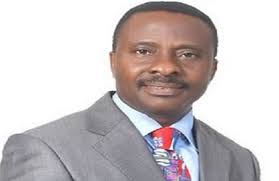 Different vocations demand different skills. I am not sure anyone can recall how many times Nelson Mandela was seen in a Church. Piety is a great gift but it should not be equated with holiness or wholesomeness. For our politics, we require men and women who may not be outwardly pious, but can fix our roads, give us electricity, put food on our table, ensure that our children and all of us are safe, healthy and educated. There is no need to teach us how to say grace when there is no food on the table.
Different vocations demand different skills. I am not sure anyone can recall how many times Nelson Mandela was seen in a Church. Piety is a great gift but it should not be equated with holiness or wholesomeness. For our politics, we require men and women who may not be outwardly pious, but can fix our roads, give us electricity, put food on our table, ensure that our children and all of us are safe, healthy and educated. There is no need to teach us how to say grace when there is no food on the table.
Flowing directly from this is the question of what constitutes electoral integrity. Where does the integrity of an electoral process lie? Is it with the Chairman of INEC and his fellow workers and the voters? What if you have a good INEC Chairman and a few other bad apples lying somewhere under the tables in INEC? What if the INEC Chairman and his staff are all clean but some of the Security Agencies are not clean? In other words, Electoral integrity is almost impossible to measure because it is contingent on a range of actors and factors that are well beyond the control of one person, individual, or institution. We must therefore see Electoral integrity as the comfort zone where all actors can tolerate the outcome of the process. In other words, strong and more reliable institutions especially the Judiciary will also have to attain a minimum threshold of credibility for these processes to command respect.
However, if an electoral process passes the integrity test, does it translate into good governance? This question is difficult to answer because history teaches us a slightly different lesson. The elections that brought Hitler to power were, by the standards of the day, free and fair. Yet what did they leave behind as a legacy? Paul Kagame has continued to conduct elections and won handsomely despite problems of the integrity of the process; however, it would seem that both within and outside Rwanda, many people have more or less come to live with the fact that he has delivered on good governance. In other words, does the end justify the means?
Finally, if it is any consolation, we are not alone. Many have argued that indeed, Democracy is in retreat and under serious threat. The Time Editor’s words quoted at the beginning of this paper affirm these fears. Look at what Brexit has thrown up in the United Kingdom and what Trumpism has thrown up in the United States of America. It seems that for many, neither Brexit nor Trumpism reflects the voice of the majority. But this is where we are today. The beauty of these ugly developments is that the resilience of the system will win the day.
In its end of year edition, the Economist of London described what Britain has in the name of a Constitution as: a ramshackle which allows plenty of scope for shenanigans, it is a mish mash of laws and conventions, customs and courtesies. It is a state of mind, the good chap theory of government.
The Bagehot Column in the same edition of the paper concluded that: the Elite has failed. The British system is full of maladies and is governed by a self-involved clique that rewards group membership above competence and self-confidence above expertise. It operates a system called Chumocracy. Britain’s leadership crisis is rooted in the evolution of the old establishment into new political class…the new political class has preserved many of the failures of the old establishment. It is introverted and self-rewarding…Meritocracy morphs into crony capitalism.
In the end, Democracy dies when people hand over their fate to politicians. This is dangerous because politics is the only game for which you require no qualification or prior training, experience or exposure to participate in. With the billionaires and the private sector in our midst, the intellectuals, the scientists, the retired and serving Generals, the Bishops and all caliber of people we have, surely, it will be a mortal sin to entrust our hope to our politicians and simply stand by and watch as our lives and future are threatened. We will be most guilty of negligence.
Hitler, a half educated and failed artist, stole the trust of the German people, exploited their frustration, invented enemies and left behind the most demonic and murderous epoch in German history. Standing for elections is a public request to be trusted by people. When you win elections, you carry a moral burden. Yes, very often, as in real life, the other side of the fence becomes different when you actually get there. It is suicidal for a people to leave their hopes in the hands of individual politicians on grounds of their moral claims and promises.
These demagogues often hide their real ambitions under a veneer of populism, they whip supporters into frenzy, making different promises to different constituencies and speaking from both ends of their mouths. Thus, they will promise their kin, their tribesmen and women, co-religionists, regionalists, one thing and the rest of the country another thing. They will ride on a contrived narrative of popular fanatical nationalism or ideology and present themselves as heroes, liberators and messiahs. This is when prophecy becomes urgent. This is where the honest voice has to stand up and say No. This is when No to tyranny becomes Yes to freedom.
Often, we all often feel insignificant as individuals. We wonder, can I make a difference? History says, yes, we can make a difference. We have had heroes and heroines who have made a difference. Gandhi. Martin Luther King. John Kennedy. Mother Theresa. Nelson Mandela. Steve Biko. Edward Snowden. Julian Assange. Malala. Leah Sharibu. Rosa Parks. Jim Acosta. De Klerk. Gorbachev. John Paul II. Mother Theresa. Colin Kapperhich. Bouzouzi.
Protest is honourable. We must embrace the culture of Protest. In the Year 2011, TIME Magazine made the Protester Man of the Year! So, creeping totalitarianism and tyranny, whether seen as assault on individual liberties, muzzling of the media or attack on the Opposition, must be resisted. The face of tyranny is often couched in innocence. There have been attacks on the Media and disobedience of the Courts as we can see in the cases of Sambo Dasuki or El Zakzaky whose detentions several Courts have declared illegal. The Government has continued to act in disobedience. Now, they have broken into and desecrated the Supreme Court to install their own Chief Justice. Who will be next? That is the central question we must face before darkness envelopes us. The Rev. Martin Luther King said that a man cannot climb your back unless you bend it.
*Text of a Lecture Delivered at the 70th Anniversary of the Nigerian Tribune Symposium on January 29th, 2019 at the Sheraton Hotel and Towers, Lagos
The Insight Report
Nigeria Coverage

